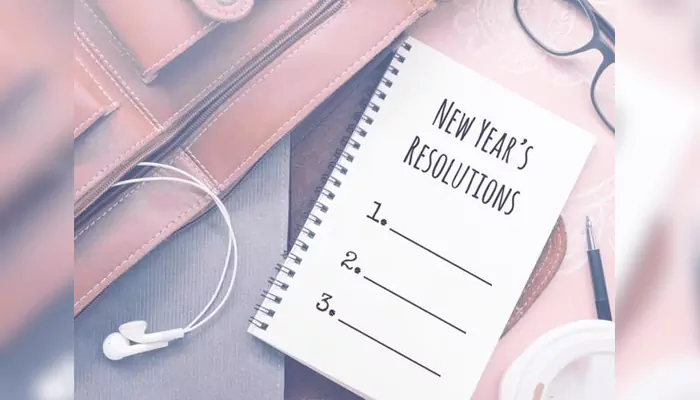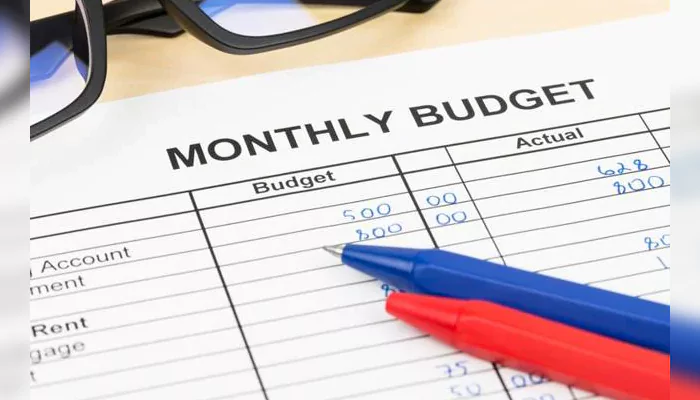Fixed deposit or recurring deposit: which one's the winner? Let's break it down!
- Admin
- 1 year ago
- 3 minutes read

Let's uncover the secrets to securing your future by investing your hard-earned money wisely!
Saving money isn't just about stashing cash under the mattress. It's like building a safety net for yourself. Whether it's for unexpected bumps in the road or chasing after your dreams, having that financial cushion is key. Plus, putting your money into things like fixed deposits (FDs) or recurring deposits (RDs) can really help your savings grow over time. It's all about setting yourself up for a solid financial future!
Here's a straightforward comparison between FDs and RDs for you!
It's no surprise that people often mix up recurring deposits and fixed deposits. They both offer steady returns, keep your capital safe, and are popular options for saving. But what's the real difference? Well, while they're both solid choices for fixed income, there are some key distinctions worth knowing. Let's dive into the details of fixed and recurring deposits to get a clearer picture.
Fixed Deposit (FD):
Investment in FDs involves a one-time lump sum deposit, offering a fixed interest rate that remains constant throughout the tenure. The tenure is flexible, allowing you to choose from various options ranging from a few months to several years. When it comes to interest payouts, you have the choice of compounding and reinvesting the interest or receiving regular payouts. However, FDs come with low liquidity, as breaking them before maturity can lead to penalties and loss of interest.
Recurring Deposit (RD):
With RDs, you can save a fixed amount of money at regular intervals, typically on a monthly basis, making it ideal for regular savings. You have the flexibility to choose the deposit amount each month according to your financial situation. Similar to FDs, RDs offer a fixed interest rate for the entire tenure, and the tenure itself is fixed, with the maturity amount predetermined. RDs provide higher liquidity compared to FDs, as you can withdraw the accumulated amount or take a loan against it in case of emergencies.
Which one should you go for?
When you're torn between FD and RD, those differences we talked about earlier can really come in handy. RD lets you chip in small amounts every month, while FD wants a big lump sum upfront. Ultimately, whether you go for FD or RD boils down to your goals and what floats your financial boat. Both of them can help with short-term stuff like an emergency fund or big dreams like buying a house or funding education. So, mix and match them in your savings plan, and you'll be on track to beef up your financial game and chase those dreams!
If you're still scratching your head over which one to pick, just ask yourself: do you have a chunk of cash to invest without needing to touch it for a while, or are you looking to stash away some money every month while still having the option to dip into it if needed? If it's the former, FD might be your best bet, but if it's the latter, RD could be the way to go. But hey, don't just take our word for it. It's your money we're talking about here, so it's always a good idea to weigh your options carefully and maybe even sit down with a financial advisor to make sure you're making the right move!












